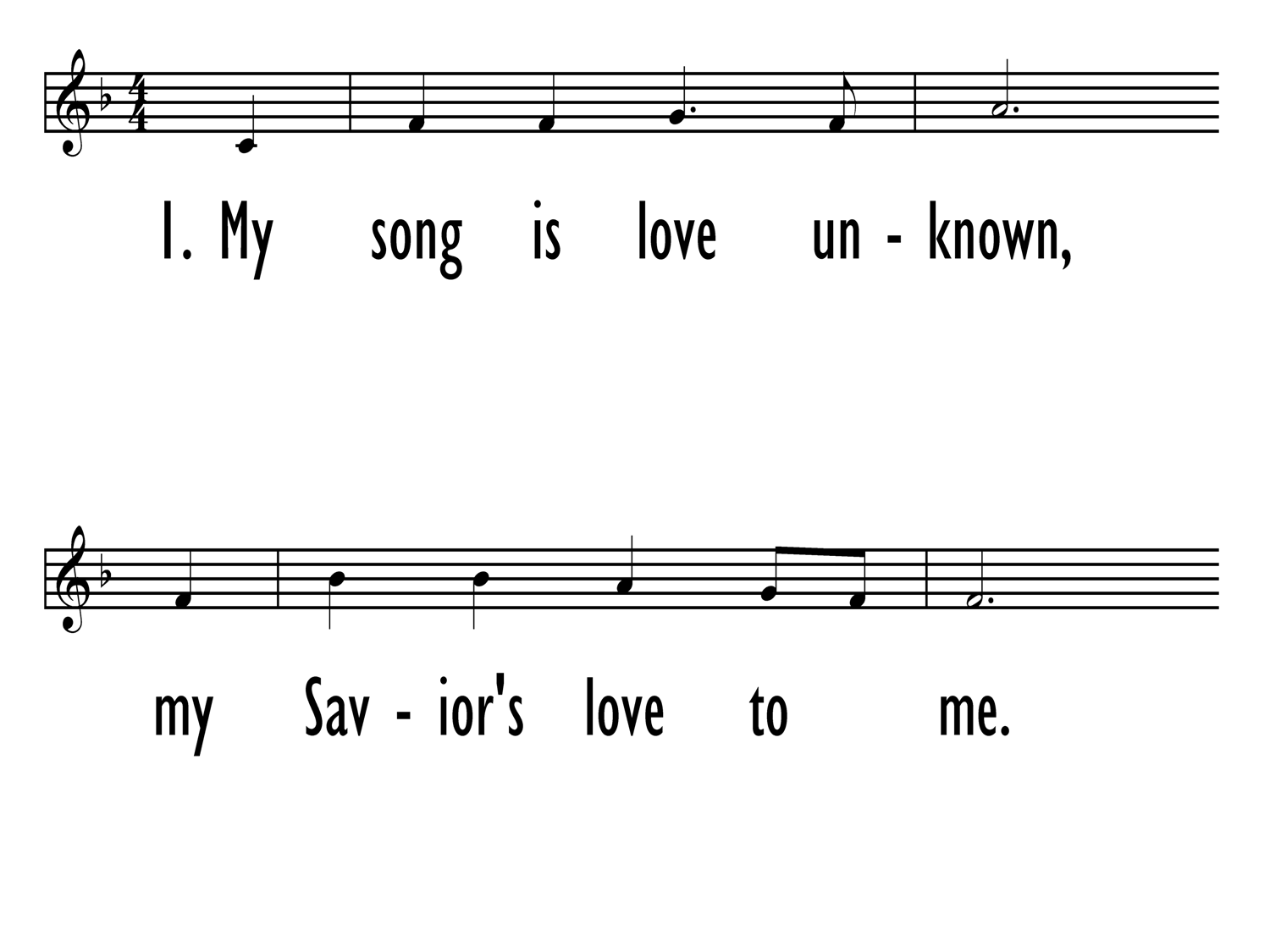- |
User Links
I Call to You, My Rock
Hymn Information
- First Line
- I call to you, my Rock
- Author
- Martin Leckebusch
- Tune Name
- RHOSYMEDRE
- Composer
- John D. Edwards (1840 ca.)
- Topic
- God as: Rock · Jesus Christ: Shepherd/Good Shepherd · Hymns That Are Prayer · Elements of Worship: Confession
Copyright Information
- Text Copyright
- © 2002, 2011 Kevin Mayhew Ltd
- Tune Copyright
- Public Domain
- Reprint/Projection Information
- Words: Permitted with a license from CCLI.com or from OneLicense.net. If you do not own one of these licenses, please contact the copyright holder for permission.
- Music: The Music is in the Public Domain; you do not need permission to project or reprint the Music.
Scripture References
- · · · · · ·
Confessions and Statements of Faith References
Further Reflections on Confessions and Statements of Faith References
Our songs and prayers include honesty before God in which we express the pain we experience over our own sins and failures, the difficulties in both our lives and others’ lives, and our laments at the suffering and brokenness that marks our world and our lives. We have assurance, says Belgic Confession, Article 26, that Christ, our intercessor, will hear us, “since he suffered, being tempted, he is also able to help those who are tempted.”
We are encouraged to approach the throne with boldness so that we may receive mercy and find grace to help in time of need” (Belgic Confession, Article 26, based on Hebrews 4). “We grieve that the church…has become a broken communion in a broken world” (Our World Belongs to God, paragraph 40).
We also “lament that our abuse of creation has brought lasting damage to the world we have been given...” (Our World Belongs to God, paragraph 51). And we cry to God for those who suffer in our world, knowing “that God…is in a special way the God of the destitute, the poor and the wronged...” (Belhar Confession, Section 4).
I Call to You, My Rock
Additional Prayers
I Call to You, My Rock
Tune Information
- Name
- RHOSYMEDRE
- Key
- F Major
- Meter
- 6.6.6.6.8.8 with repeat


 My Starred Hymns
My Starred Hymns







